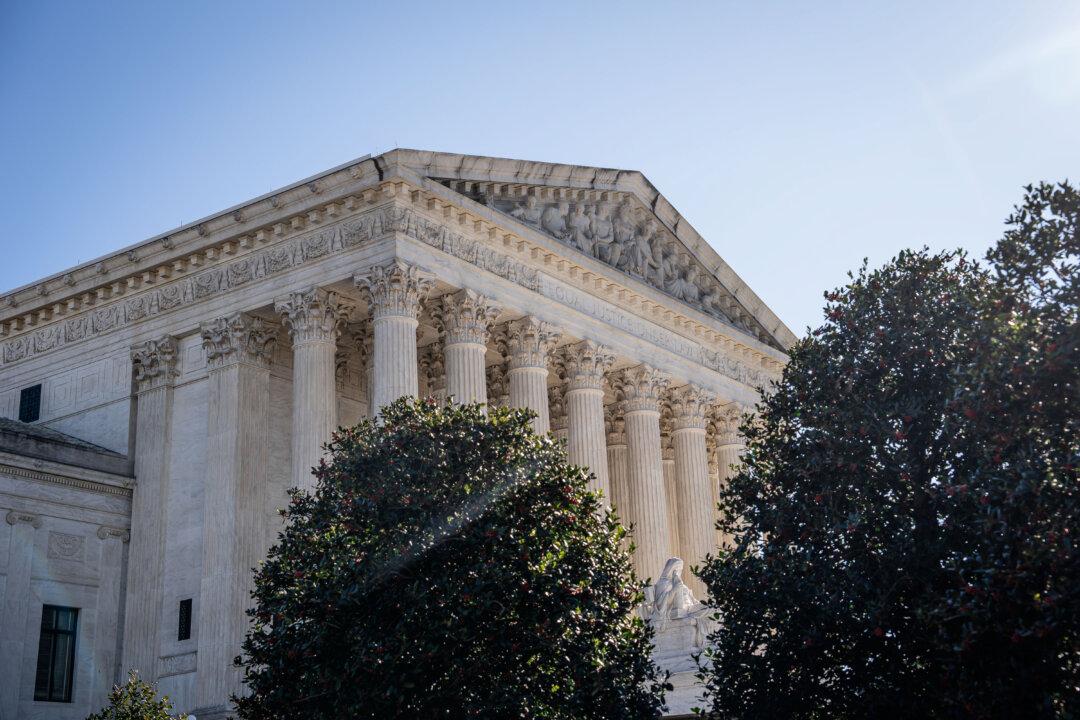The Supreme Court is hearing oral argument on Dec. 10 over a federal agency’s decision to approve a Utah rail project that the state has said will boost economic opportunity in the region.
The project, known as the Uinta Basin Railway, would connect the northeastern region of the state to the national railway through a rail line spanning more than 80 miles. It would deliver goods, such as crude oil, from the basin to other areas of the country, including the Gulf Coast.





